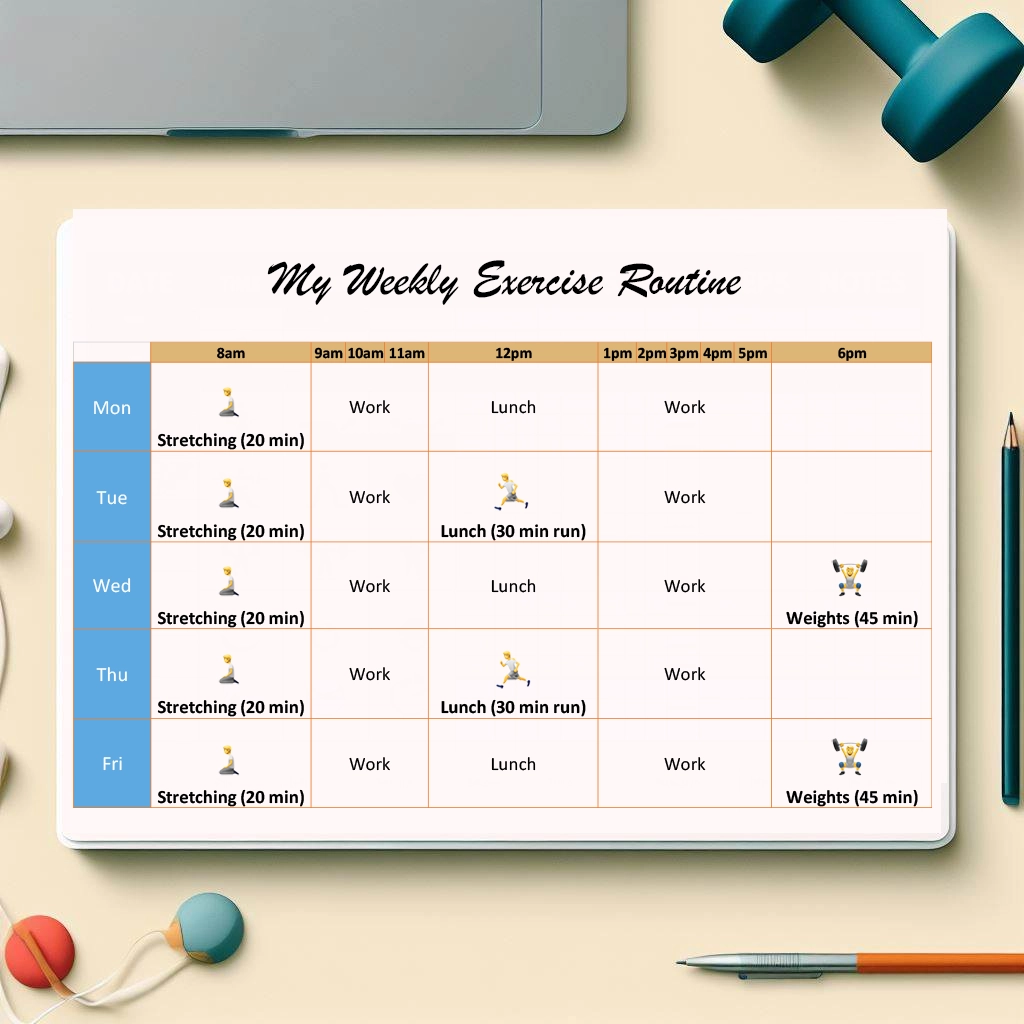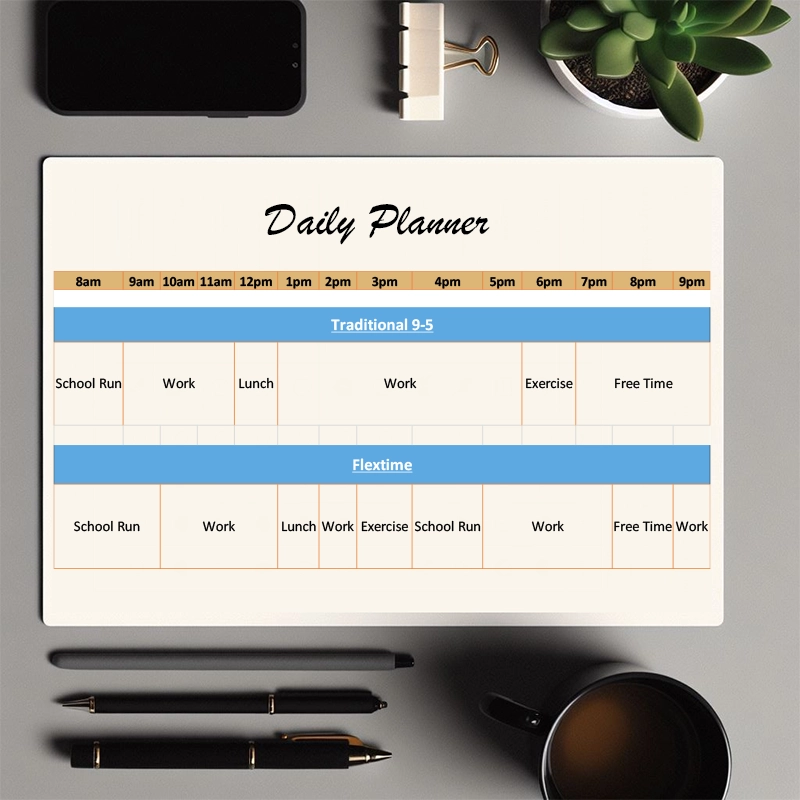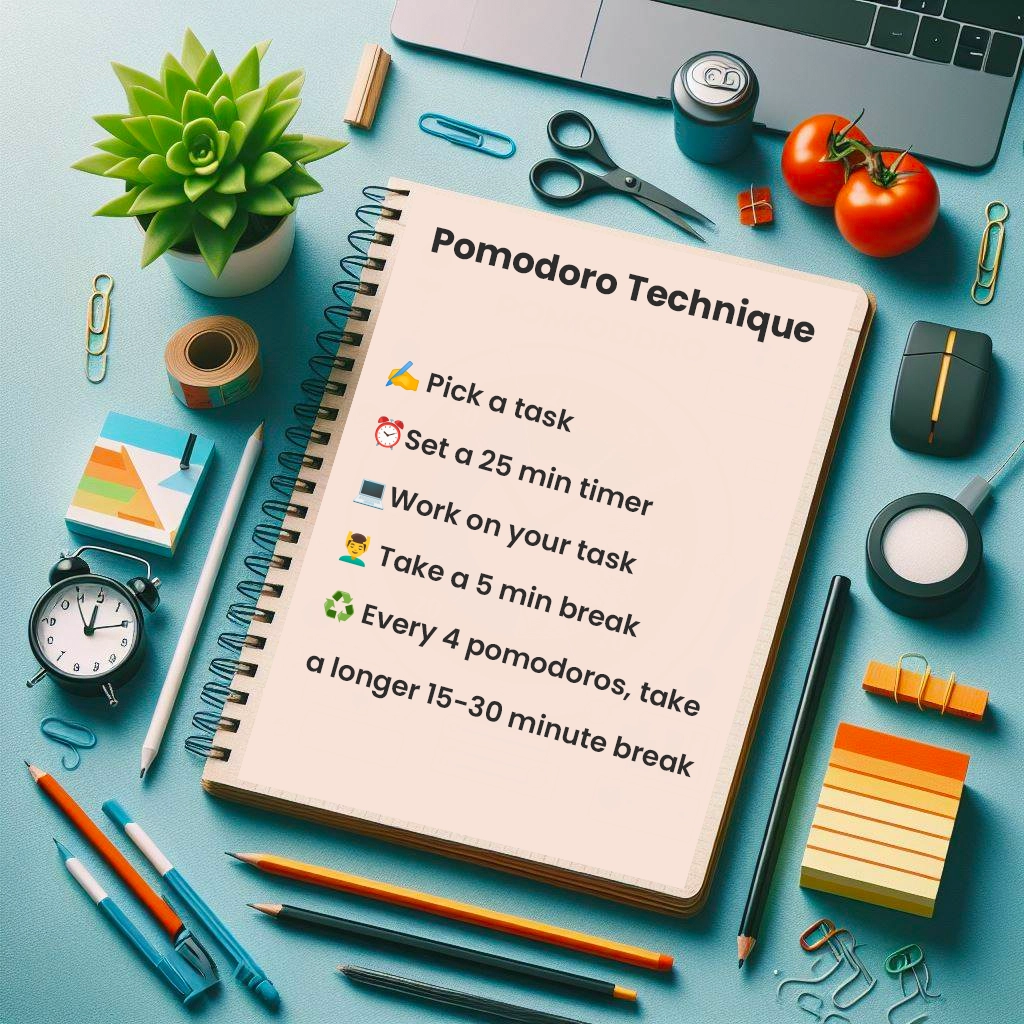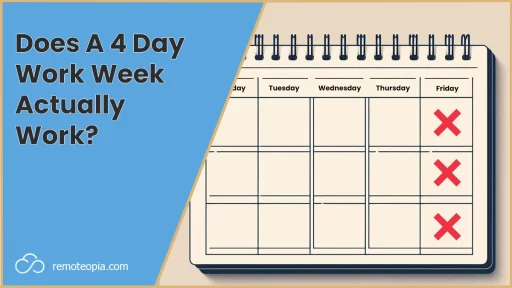
There’s a saying where I’m from when something doesn’t come for a while, then arrives in high numbers all at once, ‘like London buses.’
I often feel that way with stress, particularly in relation to work.
There’s weeks where I’m content and my workload is manageable, next, out of nowhere, there’s an apocalyptic amount to be done and nothing’s going right.
The byproduct often being a large degree of stress coming with it too.
Key takeaways:
My best Stress Management Techniques
Over the years I’ve devised a number of methods to combat those niggling headaches, muscle tension, and mental fatigue to help banish, or at least subdue, stress levels.
Here they are:
Exercise
This is by far and away my number one way to combat stress.
On my lunch break I’ll go for a 30 minute run, or lift some weights at the end of the day to blow off some steam.
I find that exercise takes my mind away from the stresses of the day whilst also giving me a serotonin boost to counteract the tension I’m feeling.
Going for a walk has similar effects.

Diet
This one might surprise you being so high up.
Everyone’s different, but for me, if I’m eating healthy food (lots of greens and proteins, whilst avoiding too much sugar, salt and carbs) – my body’s in a stronger position to cope with stress.
This is more of a pre-emptive measure that I often focus on before I know I have a stressful few weeks as it takes a few days to truly feel the benefit of healthy eating habits – both mentally and physically.
Breathing Exercises
I downloaded the Calm app about 6 years ago and I still have it on my phone today.
Practising slow, controlled breathing can work very well as a reactive measure to stress.
Reasserting control and relaxation on your mind and body can help alleviate stressful emotions and sensations within minutes – making it a great option for in the moment, intense waves of stress.
Hobbies
Our passions make us happy and happiness can often be the best remedy for stressful times in our lives.
Often, I just want to crash on the couch and put Netflix on after a long day. Don’t get me wrong, it works, but 5 nights in a row and it makes me feel a bit lethargic.
I try to spend a couple of nights a week focusing on a hobby (blogging for example!).
It helps me forget my worries, occupies my mind and leaves me with a nice sense of fulfilment afterwards.
Stretching
I’m a big believer in the mind – body connection. There’s elements of stress we can control and those we can’t.
I stretch every morning for about 20 minutes.
It’s a great way to get your blood flowing and alleviate any tension that’s built up through the night and previous day.
After a period of a few weeks and months of habitual stretching, morning or night (or both) the difference in how your body feels is like night and day.
Speak To A Colleague/Boss/HR
A problem shared is a problem halved. It’s kind of true.
If you’re looking to relate to someone, a co-worker might be feeling a similar way and have some thoughts on how to cope.
Your boss can offer solutions like lessening workloads or spreading out projects.
And HR can provide a well rounded approach to stress management techniques and practices to help you manage.
Set Boundaries
Kids, pets, partners all have a habit of encroaching on our workdays and preventing us from getting into a productive flow.
Partitioning work and life by creating a clear segment creates focus and minimizes the chaos of frequent distractions which can cause stress levels to rise.
Communicate with others that you need time to focus, whilst building a division between home and work life with a work from home setup conducive to productivity.
Watch Some Comedy
Laughter’s the best medicine. As well as having a number of other amazing short-term and long-term benefits.
I’ve watched a comedy show on Netflix or a 5 minute stand-up video on YouTube in the past to help combat stress.
Smiling alone alleviates the oppressive sensation that comes with the tension we can be feeling.
A quick laugh is a great fast fix.
Get Outside
When we’re working, especially from home, we can forget that our environments can play a big part in how we feel.
Making a habit of getting outside once per day or, if possible, moving to another space to work is a good way to reframe our minds.
Taking time to vary our location (you could even work from a local library or cafe) goes a long way to re-energising our brains to combat stress.
Utilize Flextime
If you’re able to, reshuffling the layout of your day with a flextime approach to accommodate your own styles and needs can be a gamechanger.
As we’ve learned from the pandemic; working styles, work-life balance and flexibility are high priorities of the modern workforce.
Working in blocks of 4 hours is bound to make us more stressed out than breaking up work into more manageable segments.
Make work work for you if you can with agile working hours.

Plan/Schedule
Not feeling like we have enough time to get through work or being overwhelmed by a sense of losing control over it is a very common instigator of stress.
Time management plays a key role here. Staying productive and on top of our work goes a long way to suppressing stress levels from rising up.
The Pomodoro Technique is one popular method you could experiment with to help you manage workload.

Work Stress Management Conclusion
Finding the right techniques and methods to manage stress is not an overnight fix.
Everyone’s different – it takes time to learn what works for you, but through trial and error you can build a bespoke plan of action.
A combination of both short-term and long-term fixes is a great approach to take to build an all encompassing plan to tackle stress.
If you’re job is just too overwhelming, you can always explore new opportunities, especially roles that are low stress in nature.
Frequently Asked Questions

James Waite
Founder of Remoteopia, James has worked in remote roles for 6 years. After a stint in recruitment, he now works as a director of website strategy in tech.




